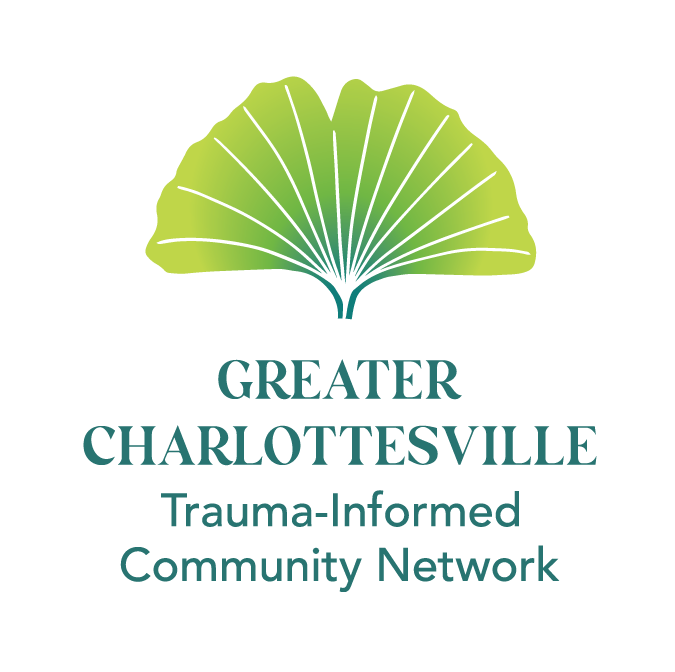Find the Helpers Virtual Network Meeting Focused on the Lived Experience
The November Virtual Network Meeting, "Find the Helpers," took place on November 23, 2020, and was attended by more than 35 community members. The common threads throughout the discussion were the importance of the lived experience and meeting people where they are in providing effective peer support.
Alicia Lenahan welcomed everyone, and Meaghan Gordon, Senior Family Services Specialist for Prevention, City of Charlottesville, moderated the discussion. Anna Mendez, Executive Director, Partner for Mental Health, discussed their organization's process for identifying effective navigators, mentors, and helpers, based on the skills they want those individuals to have. April Oliver, Clinic Coordinator, Westhaven Clinic and Women of Valor, and Deidre Creasy, Region Ten, discussed how the supportive model benefits their clients and the community. Erin Tucker, Executive Director, On Our Own, shared the history of the development of the Virginia certification program for peer support specialists and discussed earning credentials without barriers.
The session began a conversation on how the network can improve its community outreach. April offered the following advice: "Give people informal opportunities to get to know you and build relationships. Send people into the community so that the community gets to know them." She said that having people already in the community participate in the network is important. Deidre agreed and added: "Make sure the individuals who are going into the community have the same goals, especially since you have a network of different service providers. Some of their regulations may not permit them to be as flexible regarding certain issues. Are they there for the right reasons? Sometimes it’s a hard conversation to have, but it needs to happen."
Highlights and Takeaways
Anna shared their interview questions and offered to help interested organizations add peer support to their services.
Anna discussed the importance of improving social determinants of health and the role of peer support in doing this.
Deidre said that their peer mentors are defined as "individuals who have lived experience" and that they assist them in getting certification down the line. April's organization also emphasizes the lived experience and provides training and assistance with state certification.
April and Deidre discussed the importance of the lived experience. April said, "It’s easier for people to open up to someone who has experienced the same thing. [for example,] to say, 'I don’t have food in my house right now… can you help me?' ... It’s also important for people to feel like they have someone on their side... to have that second person there who is a support for you makes you feel more comfortable to say what you need to say."
April and Deidre offered practical strategies for building relationships and trust, such as having informal activities that allow people to get to know each other, meeting people where they are in the community, listening carefully, and understanding that each family's situation is different and responding accordingly.
Erin shared that the peer support model is an evidence-based practice and discussed the Emotional CPR (eCPR) training that offers a way to build rapport easily and naturally. Learn more about this training here.
Partner for Mental Health offers navigation services in English and Spanish, and the Westhaven Clinic has a language line at the clinic that is accessible from their cell phones when they are out in the community.
This summary was written by volunteer Cathee Johnson Phillips. Please email her with any corrections.
